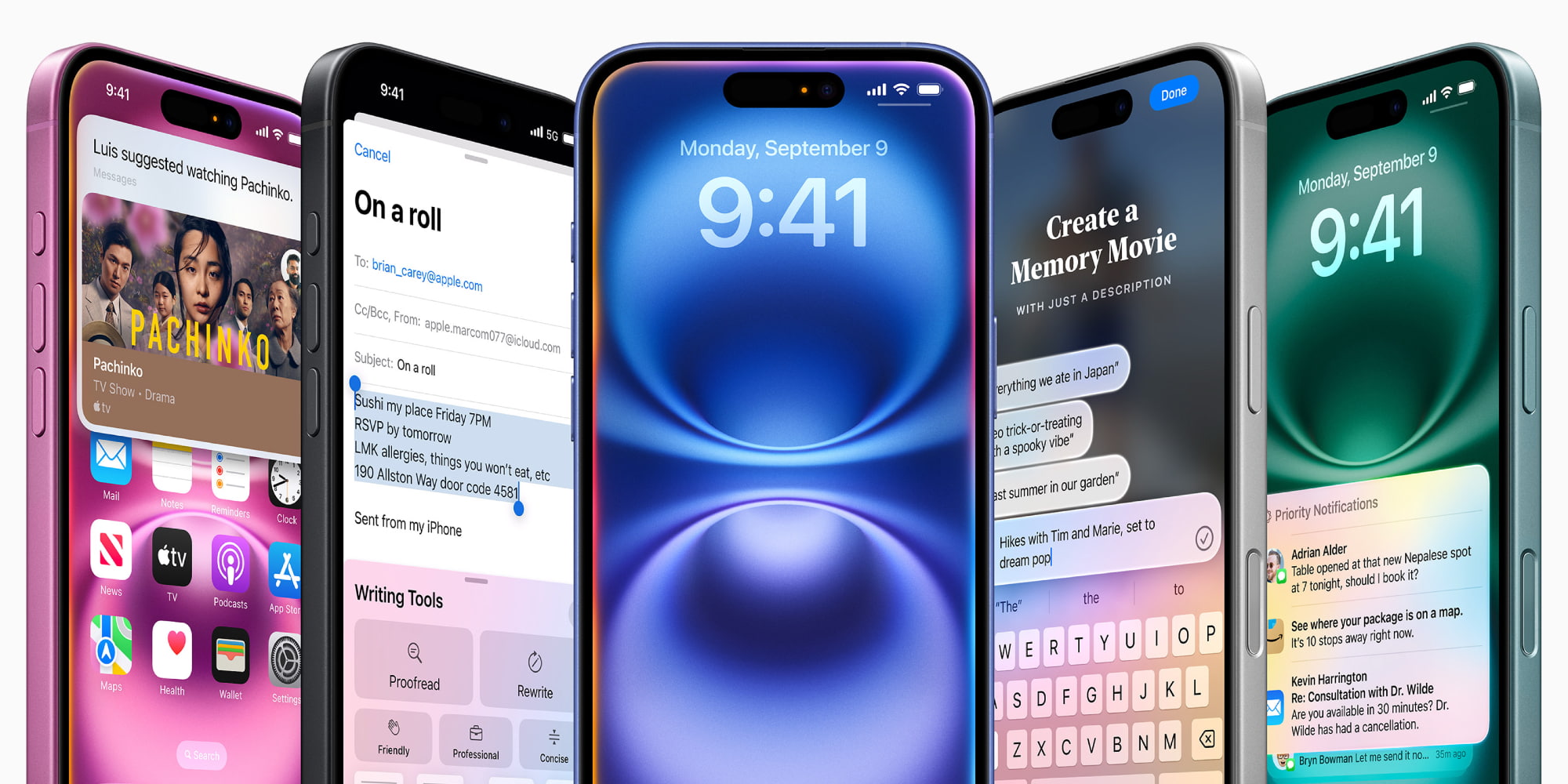Apple is embarking on a new strategy for its Home products this year, with discussions about the potential development of an Apple Television as a future offering. Recent developments in the television market highlight the significant opportunity for Apple to innovate and redefine what’s available.
TV manufacturers focusing on features that boost advertisement income and user data
This week’s CES showcased a variety of glimpses into the plans that TV makers have for the coming year. Unfortunately, these plans reveal a tendency towards flashy software and AI functionalities that offer minimal genuine benefits for users.
Scharon Harding, writing for Ars Technica, notes:
The trend indicates that TV brands are increasingly positioning themselves as software companies rather than hardware manufacturers, treating their products more as sources of customer data than as television sets. This trend raises concerns about the future of smart TVs, which, even in premium versions built for top-notch image clarity and hardware specs, are likely to be cluttered with unnecessary gimmicks.
Harding’s comprehensive analysis details various observations from CES, including:
- LG transforming its remote into an ‘AI Remote’ that eliminates the input button in favor of a button that brings up a webOS dashboard—this aligns with the company’s recent efforts to increase advertisements within webOS.
- Televisions incorporating far-field microphones to support Google Gemini, raising concerns about privacy and the potential for sharing in Google’s subscription revenue.
- Samsung’s flawed AI tool meant to analyze food on-screen and suggest related recipes—coincidentally, the company has also announced a new partnership with Instacart for grocery delivery.
- Both LG and Samsung implementing Microsoft Copilot—a chatbot that appears to provide little utility on a television.
If you’re looking to feel disheartened about the future of TV hardware, be sure to read the complete article.
A wealth of opportunities for an Apple Television to innovate

Overall, the current ‘innovations’ in the television industry showcase a pressing need for a new player to introduce a high-quality product that avoids gimmicks or privacy risks.
In simple terms, the emergence of an Apple Television is essential.
I have previously shared five compelling reasons why Apple should wholeheartedly pursue the development of a TV set.
This recent CES report adds a sixth reason to the list.
Some might argue that Apple is also heavily invested in service revenue and AI technology.
Indeed, Apple has been expanding its services revenue and is currently focusing on AI innovations.

However, what sets Apple apart from other companies is its comprehensive understanding of what constitutes a good product.
It combines hardware, software, and services seamlessly to deliver a compelling user experience.
While modern TVs may offer impressive hardware, the overall user experience is often compromised by their software and services.
My aspiration is that an Apple Television would prioritize user privacy and provide a thoughtful integration of hardware, software, and services, potentially sparking a positive change in the industry.
This might be an unrealistic hope. Yet, one thing is clear: with the unsettling trends emerging from CES, my desire for an Apple Television has never been stronger.
Would you consider purchasing an Apple Television? Are you concerned by the current trajectory of TV trends, or is it not a significant issue for you? We would love to hear your thoughts in the comments.
Top Apple TV and Home Accessories
: . More.




